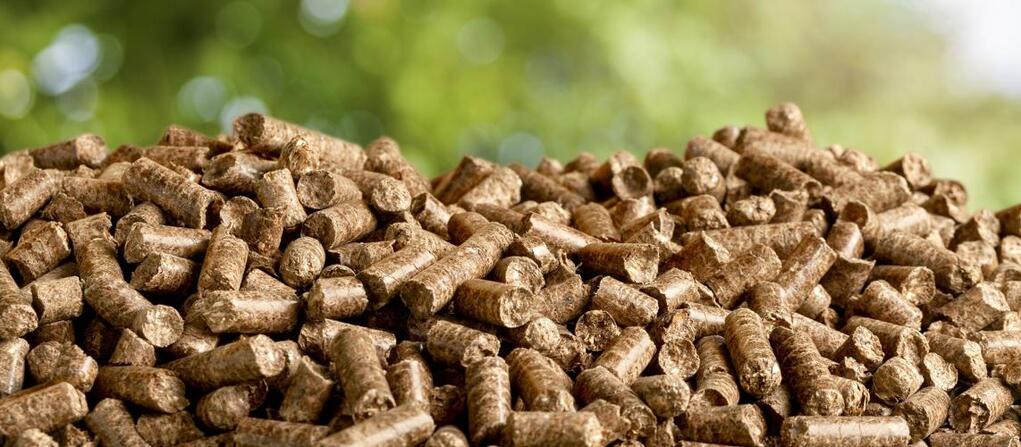
Biomass is widely considered a renewable alternative to fossil fuels, and many experts say it can play a critical role in combating climate change. Biomass stores carbon and can be turned into bio-based products and energy that can be used to improve soil, treat wastewater, and produce renewable feedstock.
Yet large-scale production of it has been limited due to economic constraints and challenges to optimizing and controlling biomass conversion.
A new study led by Yale School of the Environment professor Yuan Yao and doctoral student Hannah Szu-Han Wang analyzed current machine learning applications for biomass and biomass-derived materials (BDM) to determine if machine learning is advancing the research and development of biomass products.